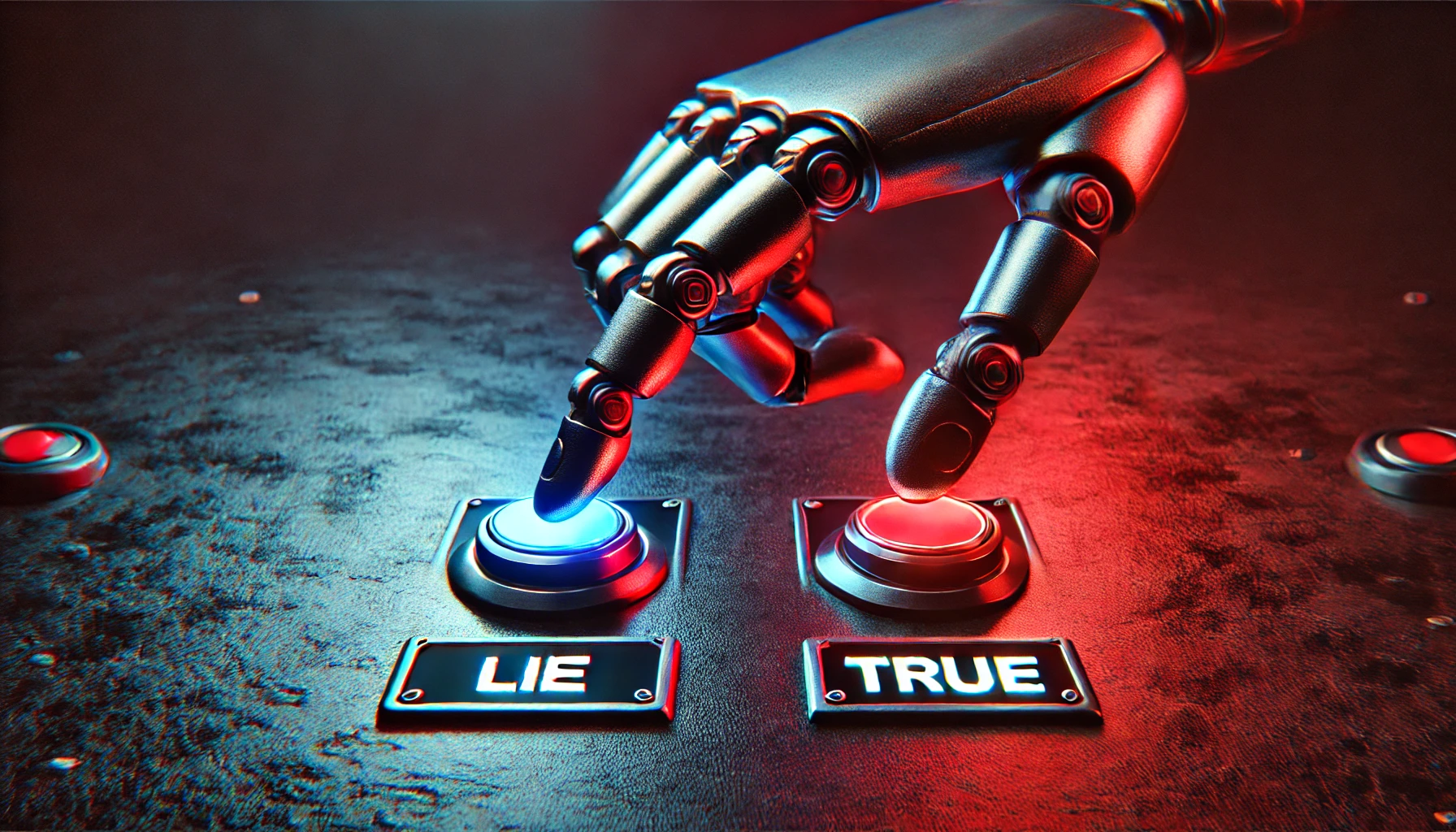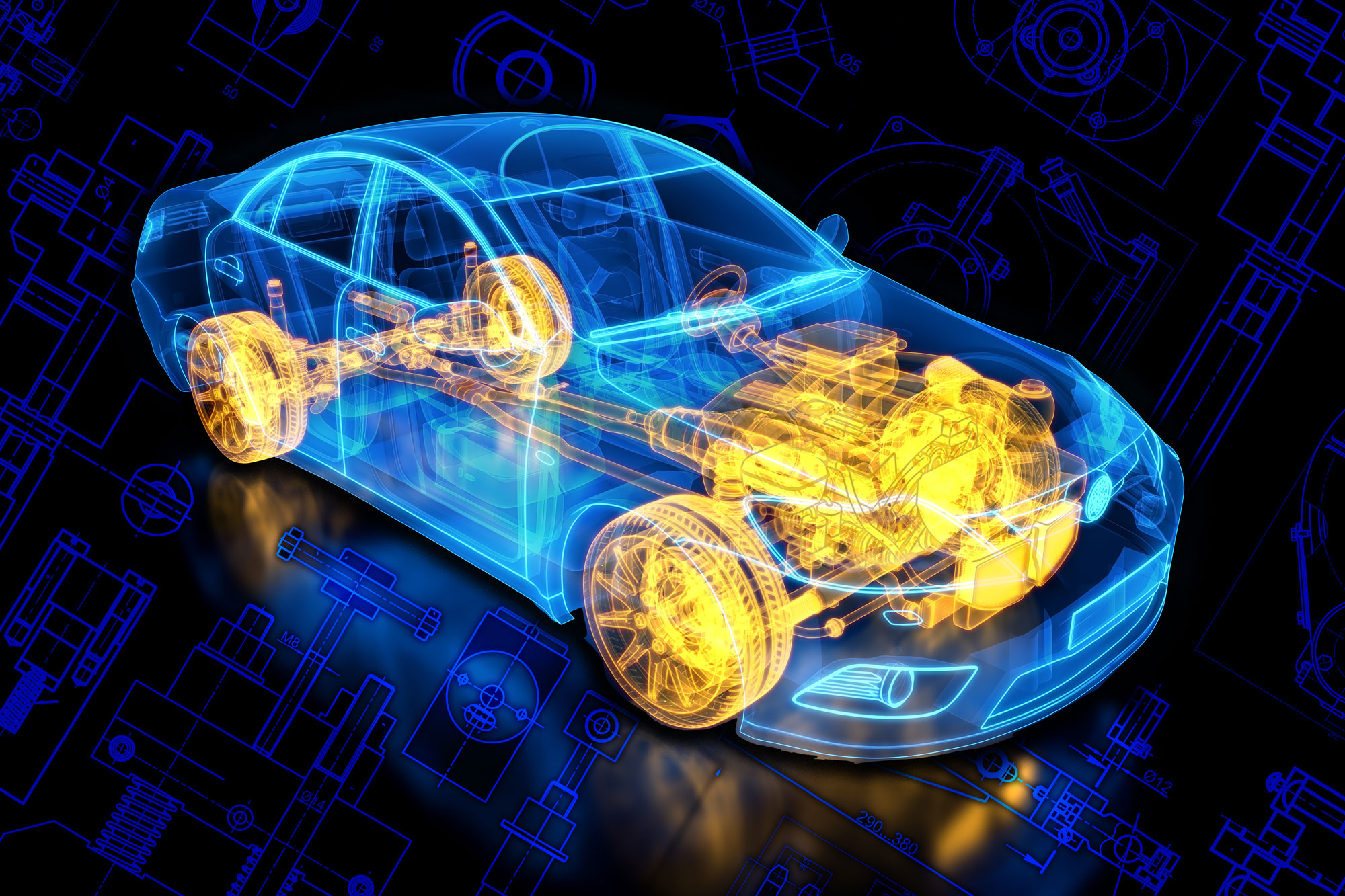AI lie detector beats humans and could be socially disruptive
Researchers from the University of Würzburg and the Max-Planck Institute for Human Development trained an AI model to detect lies and it could disrupt the way we engage with each other. Humans aren’t great at telling whether a person is lying or telling the truth. Experiments show that our hit rate is around 50% at best and this poor performance dictates how we engage with each other. The truth-default theory (TDT) says that people will typically assume that what a person tells them is true. The social cost of calling the person a liar is too big a risk with The post AI lie detector beats humans and could be socially disruptive appeared first on DailyAI.

Researchers from the University of Würzburg and the Max-Planck Institute for Human Development trained an AI model to detect lies and it could disrupt the way we engage with each other.
Humans aren’t great at telling whether a person is lying or telling the truth. Experiments show that our hit rate is around 50% at best and this poor performance dictates how we engage with each other.
The truth-default theory (TDT) says that people will typically assume that what a person tells them is true. The social cost of calling the person a liar is too big a risk with our 50/50 lie detection ability and fact-checking isn’t always practical in the moment.
Polygraphs and other lie-detecting tech can pick up on data like stress indicators and eye movements but you’re not likely to use one of these in your next conversation. Could AI help?
The paper explains how the research team trained Google’s BERT LLM to detect when people were lying.
The researchers recruited 986 participants and asked them to describe their weekend plans with a follow-up explanation supporting the truthfulness of their statement.
They were then presented with the weekend plans of another participant and asked to write a false supporting statement arguing that these were in fact their plans for the weekend.
BERT was trained on 80% of the 1,536 statements and was then tasked with evaluating the truthfulness of the balance of the statements.
The model was able to accurately label a statement as true or false with an accuracy of 66.86%, significantly better than the human judges who achieved a 46.47% accuracy rate in further experiments.
Would you use an AI lie detector?
The researchers found that when participants were presented with the option to use the AI lie detection model, only a third decided to accept the offer.
Those who opted to use the algorithm almost always followed the algorithmic prediction in accepting the statement as true or making an accusation of lying.
Participants who sought algorithmic predictions demonstrated accusation rates of almost 85% when it suggested the statement was false. The baseline of those who did not request machine predictions was 19.71%.
People who are open to the idea of an AI lie detector are more likely to call BS when they see the red light flashing.
The researchers suggest that “One plausible explanation is that an available lie-detection algorithm offers the opportunity to transfer the accountability for accusations from oneself to the machine-learning system.”
‘I’m not calling you a liar, the machine is.’
This changes everything
What would happen in our societies if people were 4 times more likely to start calling each other liars?
The researchers concluded that if people relied on AI to be the arbiter of truth it could have strong disruptive potential.
The paper noted that “high accusation rates may strain our social fabric by fostering generalized distrust and further increasing polarization between groups that already find it difficult to trust one another.”
An accurate AI lie detector would have positive impacts too. It could identify AI-generated disinformation and fake news, help in business negotiations, or combat insurance fraud.
What about the ethics of using a tool like this? Could border agents use it to detect whether a migrant’s asylum claim was true or an opportunistic fabrication?
More advanced models than BERT will likely push AI’s lie detection accuracy toward a point where human attempts at deception become all too easy to spot.
The researchers concluded that their “research underscores the urgent need for a comprehensive policy framework to address the impact of AI-powered lie detection algorithms.”
The post AI lie detector beats humans and could be socially disruptive appeared first on DailyAI.























